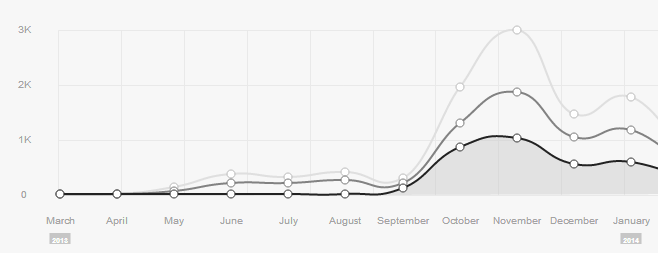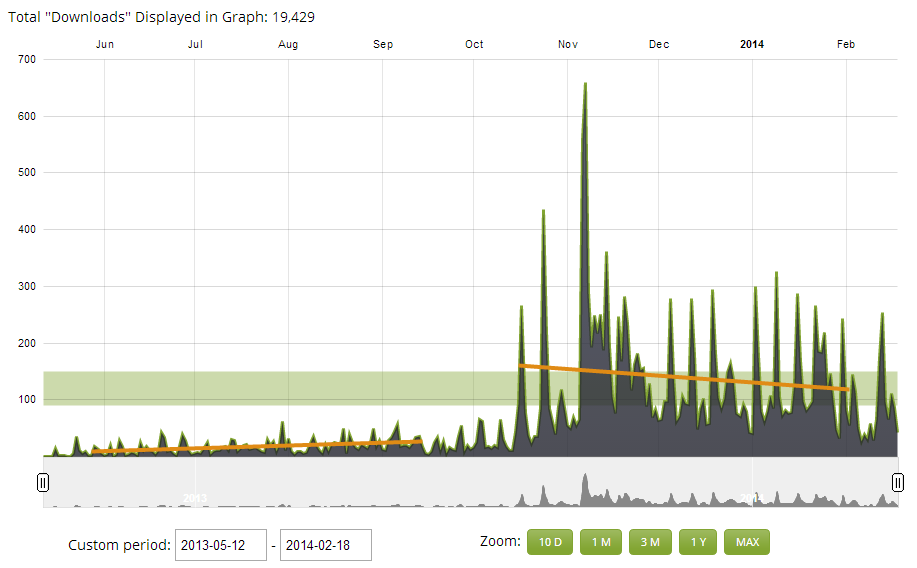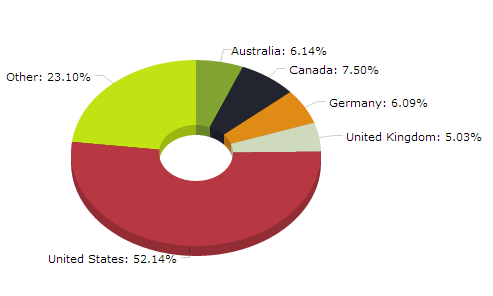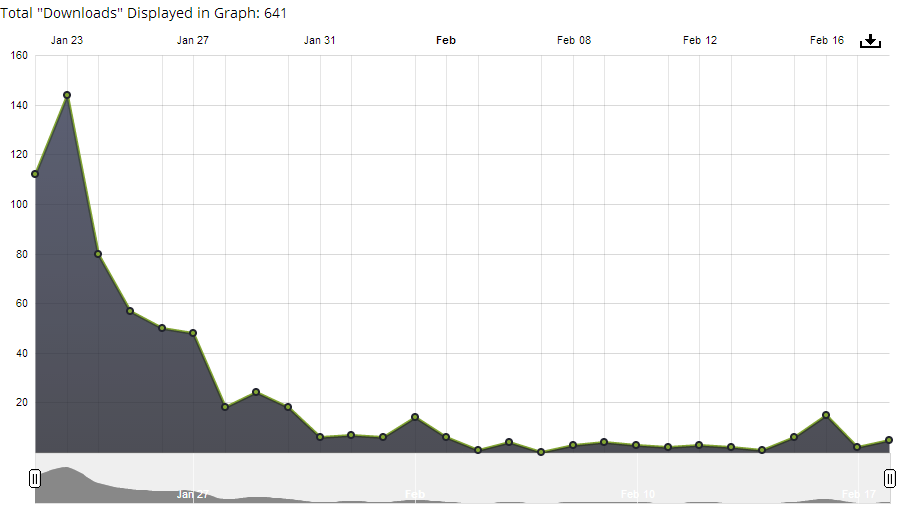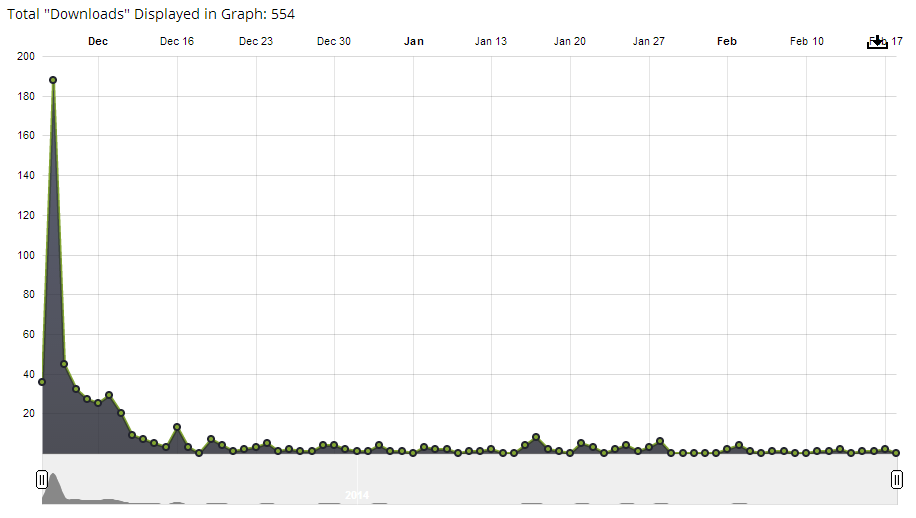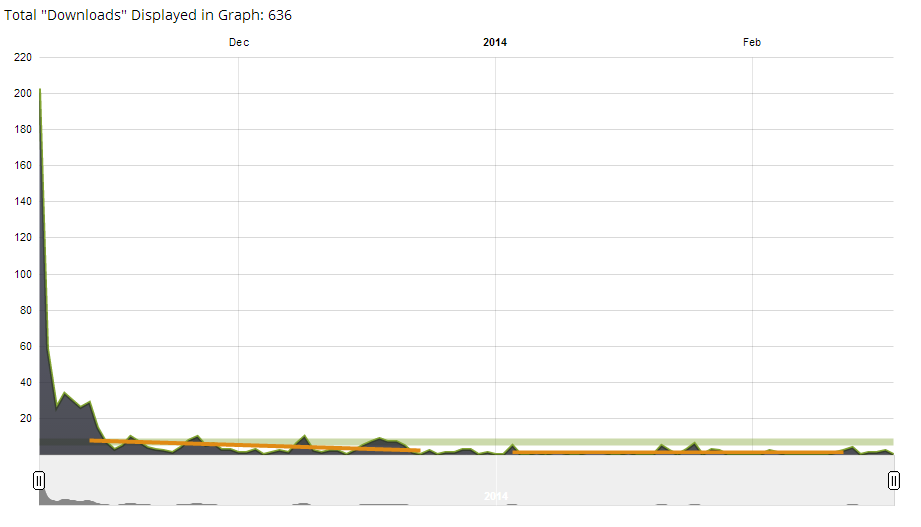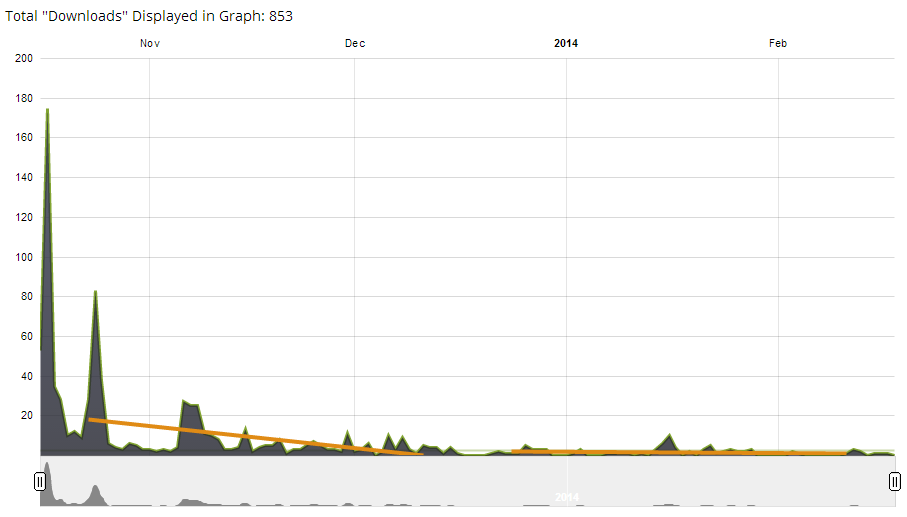We didn’t record the movies show for Christmas and that put us off. Instead, we recorded two shows the next weekend. Isn’t it lovely to be ahead?
No, no it is not.
Yesterday, we posted the show on Bluestamp Engineering, a neat summer program for high school students. I feel like it was a month ago since we talked to them, I know I had some things I wanted to tweet. And I really should be posting that to Facebook and other places so it gets a few more listens.
For a week from yesterday, last weekend we recorded a show about hula hoops (it is awesome). I really should write the show notes before I forget the relevant links. Last weekend, I also wrote the guest outline for a show about words (yes!) that will got up two weeks from yesterday.
Today, in an apparent effort to get very little work done this afternoon, we recorded the show about words (also awesome). Once I finish writing show notes for hula hoops, I should do notes for words.
Yesterday, I had coffee with a gatekeeper to have Famous Person on the show. Today, I wrote the email that the gatekeeper suggested (Dear Zuul). We are booked out to April (I think there may be one slot in Feb and one in Mar but those were offered to people and I’m waiting to see who accepts) so you’d think it would be one less thing to worry about. Except the wheels need to keep turning on guests so I have two emails received today that I need to respond to in order to schedule future guests.
Also, I should start thinking about the outline for the next show. I think it is about processors but I’m not sure that’s the next one or the one after.
Oh, and if I’m doing an at-conference recording for DesignCon or She’s Geeky, I should start playing with the new recorder. And how in the world am I to do a mash up between those two very different conferences? Two episodes? That seems like a lot of editing and since I only left one slot, that puts us even further ahead.
All of this isn’t to say podcasting is too stressful. My problem is really the intermingling. Being ten days ahead sounded nice: if someone cancels, it is much easier to find another guest. But Chris and I do ok when it is just us.
I think that if I do at-cons, they will be bonus episodes and we’ll remove our buffer. My brain will feel better when we go back to recording 3-4 days before we post. I still have the same amount of work but it will spent less time on the stack.

